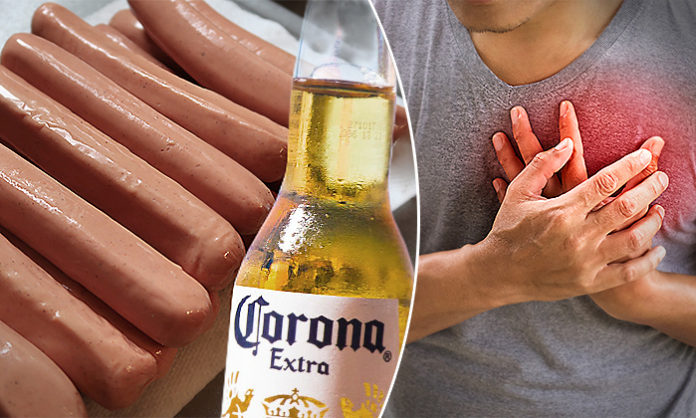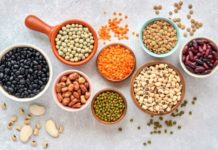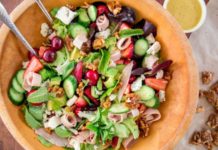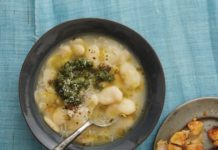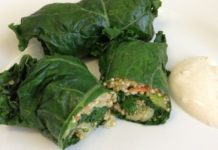Heart disease kills an average of 610,000 people per year in the US alone and is the leading cause of death for both men and women in America. Besides a few genetic components like sex, ethnicity, and family history, the causes of heart disease are largely preventable. In addition to exercise, changing your diet would go a long way towards preventing heart disease. The food we eat can help us lower cholesterol and blood pressure, help maintain healthy blood sugar levels, and prevent obesity; all of which are risk factors for heart disease.
When creating a heart-healthy diet, it’s important to know which foods to avoid. These foods are the worst offenders when it comes to underlying conditions that lead to heart disease. Reduce your risk of fatal heart attacks by limiting or completely removing the following foods from your diet once and for all:
1. Processed Meats
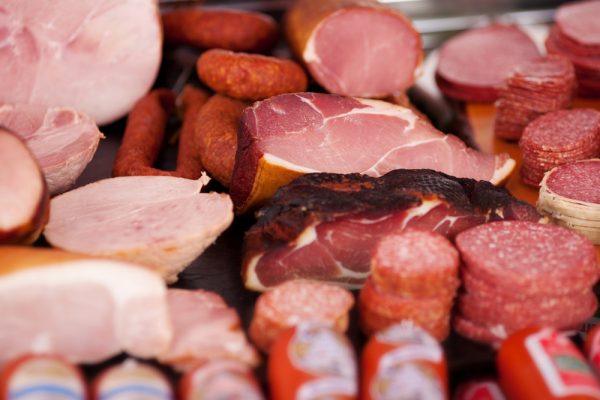
Long-term studies have shown us that processed meats are just about the worst food you can eat, largely because of the high levels of salt, nitrates, and other preservatives they are loaded with salt. Eating too much of this salty food can result in high blood pressure and cause heart disease, including heart attacks. Ideally, you should avoid these highly processed foods at all costs, but if you must eat them, limit your intake to two 2-3oz servings per week.
2. Soda and Other Sugary Drinks
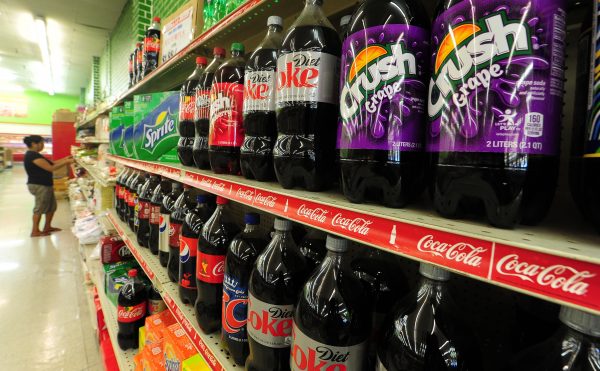
More and more Americans are getting a lot of their sugar and calorie intake in liquid form by drinking soda and other sugary drinks like fruit juice, sports drinks, and energy drinks. A long-term study done by the American Heart Association linked the consumption of sugary drinks to obesity and type 2 diabetes, both contributing factors to heart disease. Every time you eliminate even one can of soda from your weekly diet, you are reducing your risk of heart disease. While healthy heart advocates would prefer you skip all sugary drinks altogether, the recommended maximum intake is seven 8oz glasses per week or one per day.
3. Refined and Processed Grains and Carbohydrates

When we talk about highly processed grains and carbs, things like white flour, white rice, white bread, and low-fiber cereals are what likely come to mind. Think about this: no natural grains are white, so if your food is white, that white color comes from over-processing. The refinement process strips the wholesome qualities from the food and changes its molecular structure to be higher in sugars like fructose which are extremely bad for your heart and could lead to heart disease or even a stroke. You should stick to 7 1oz servings per week. You can replace these processed carbs with whole wheat, high fiber choices instead.
4. Fried Foods

Foods that are deep-fried in fat are not good for you at all. This is one of those guilty pleasures that should be eaten only rarely but that many Americans consume daily. Greasy, fried foods largely contribute to obesity, high blood pressure, and high cholesterol. Not to mention, this type of fat can block blood flow to the heart and brain, causing clots that can lead to heart attack or stroke. When we think of fried foods, we normally think of french fries, donuts, and battered chicken or fish. Anything fried in oil is not good for your heart. Eating fried foods on a regular basis increases your risk of heart disease by as much as 68%.
5. Alcohol

Excessive alcohol consumption can lead to high blood pressure, heart failure, stroke, and obesity. Alcohol can raise fat levels in the blood, is usually associated with eating (which leads to increased calorie consumption), and has the potential to be addictive. Heart-healthy diets should restrict the consumption of alcohol to two drinks a day for men and one drink per day for women. Serving sizes for alcohol are: 12oz for beer, 4oz for wine, or 1.5oz for spirits. Previous studies that suggested red wine might be good for your heart are still under investigation by scientists, but the link between red wine and lowered risk of heart disease might have more to do with other dietary factors among cultures that drink red wine (such as eating more whole foods and walking more).
6. Trans Fats and Saturated Fats
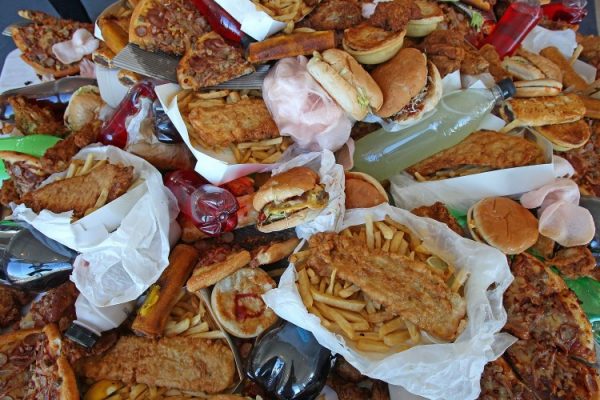
Not all fats are created equally, especially when it comes down to nature’s fat (like nuts and avocados) versus man-made fats or animal fats. Trans fats and saturated fats contribute to obesity, bad cholesterol, and heart disease. You should limit consumption of foods such as: packaged foods, fried foods, mayo, butter, palm oil, and coconut oil to name a few. Check labels for trans fats, saturated fats, and hydrogenated oil. Such fatty foods should only comprise 6 percent or less of your total calories.
Disclaimer: This article is for informational purposes only and is not a substitute for professional medical advice. Always consult your doctor or a dietician before making any changes to your diet.


